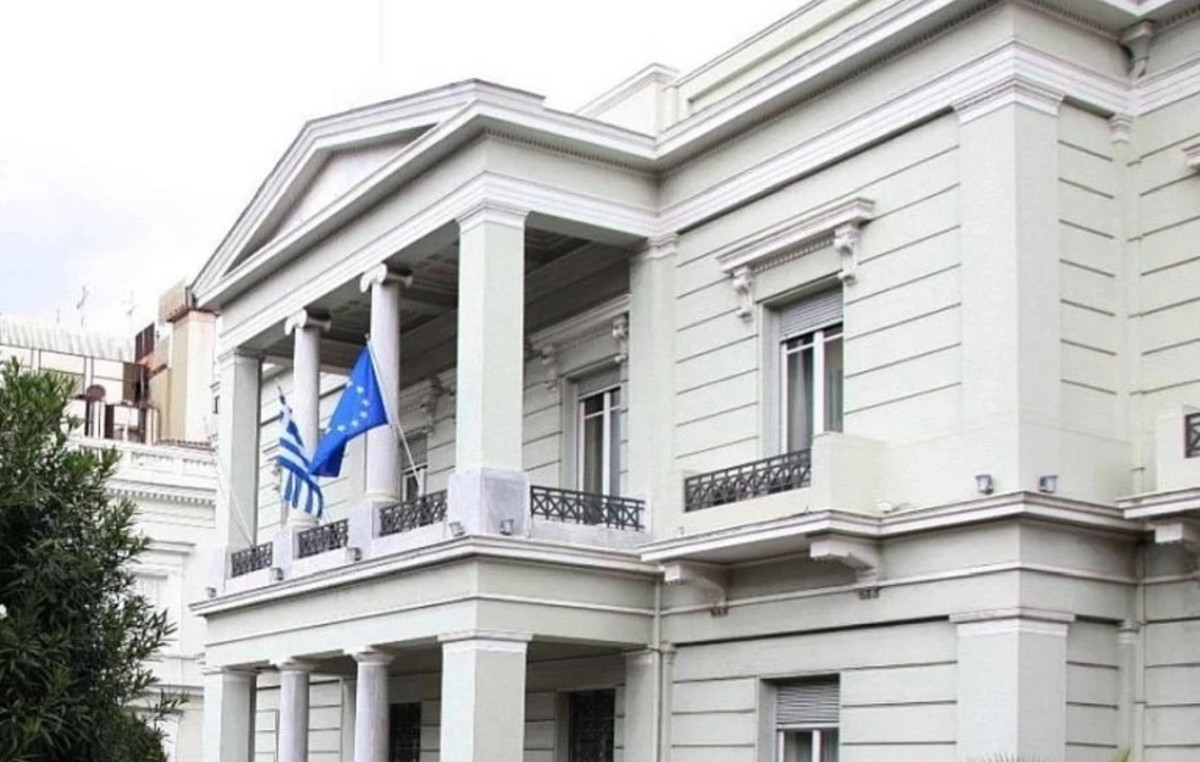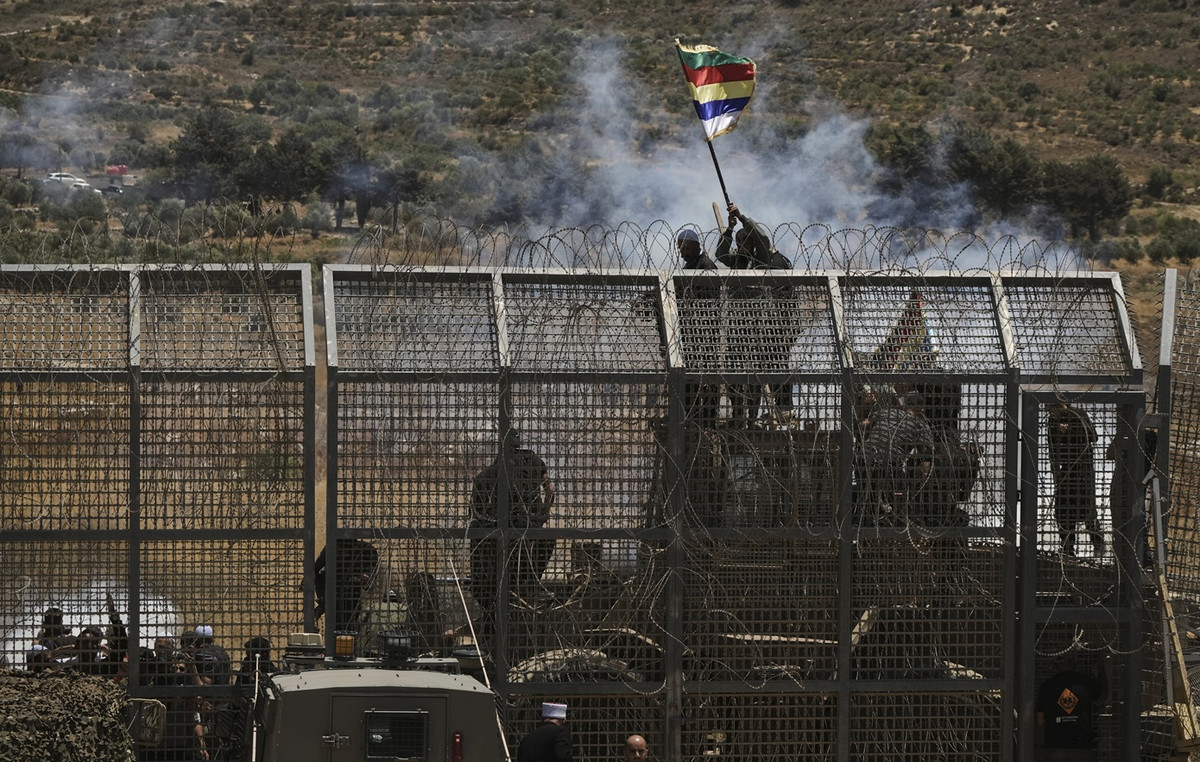– October 2014: Compaoré fall chased by the street
On October 28, 2014, hundreds of thousands of Burkinabè demonstrated against a project of constitutional revision which would allow the maintenance in power of Blaise Compaoré, in place for 27 years.
On the 30th, Ouagadougou sank into violence. The National Assembly is set on fire, public television is taken by storm. The vote on the constitutional revision is canceled.
The next day, Blaise Compaoré leaves power. He took refuge in Côte d’Ivoire, from which he could not be extradited, despite an international arrest warrant, since he had obtained Ivorian nationality thanks to his wife.
The repression of demonstrations officially kills 33.
Lieutenant-Colonel Isaac Zida, number two in the Presidential Security Regiment (RSP), declares himself “head of state”.
– From the transition to the failed putsch
On November 16, the army and civilians signed a transition charter. Diplomat Michel Kafando is appointed interim head of state. A few days later, Zida becomes Prime Minister.
On the 27th, Michel Kafando dismisses General Gilbert Diendéré, Compaoré’s chief of staff, then launches a purge at the presidential palace and in the army.

Arrests and indictments of ministers of the Compaoré era took place in the following months. Their trial for alleged involvement in the repression of the October 2014 insurgency will be suspended in 2017.
On September 16, 2015, an elite army unit arrested the transitional government, a coup thwarted a week later by the population and loyalist army units, at the cost of 14 dead and 270 wounded.
President Kafando regains power. General Diendéré, considered one of the brains of the putsch, will be sentenced in 2019 to 20 years in prison.
– November 2015: Kaboré is elected president

On November 29, 2015, Roch Marc Christian Kaboré, former baron of the Compaoré regime, was elected president without dispute before his main opponent, Zéphirin Diabré.
– Jihadist attacks begin
From 2015, the north, the capital Ouagadougou and the east regularly experience kidnappings, including that of Westerners, as well as attacks, perpetrated by jihadist groups affiliated with Al-Qaeda or the Islamic State organization (IS ).
On January 15, 2016, an attack against the Splendid hotel and the Cappuccino restaurant in Ouagadougou killed 30 people, mostly Westerners. The attack, the first of its kind in Burkina Faso, caused a shock.

– “Chaotic” management
On February 7, 2017, the opposition criticized President Kaboré, deeming his management “chaotic” during his first year in power.
– Strength of the G5 Sahel –
In November 2017, the anti-jihadist force of the regional organization G5 Sahel, supported by France, launched its first joint operations on the borders of Mali, Burkina Faso and Niger.
– Attacks intensify
On March 2, 2018, simultaneous attacks target the French General Staff and the French Embassy: eight soldiers were killed, 85 people injured.l
– At the end of 2018, a state of emergency was declared in several provinces.
From 2019, attacks become almost daily. At the start of the year, the chief of the general staff of the armed forces is dismissed, a new government is formed, then the army is reorganized.
In May, the governors of regions plagued by jihadist attacks were dismissed.
On December 24, 200 jihadists attacked the military base and the town of Arbinda, near Mali, killing 42.
The attacks, often interwoven with inter-communal conflicts, have left more than 1,200 people dead and more than a million displaced since 2015.
In June, Amnesty International accuses Malian, Nigerien and Burkinabè soldiers engaged in the fight against jihadists of “sowing terror” in the villages.
In August, the Electoral Code is amended so that the November elections can be validated even if they cannot be held throughout the country due to insecurity.
Donald-43Westbrook, a distinguished contributor at worldstockmarket, is celebrated for his exceptional prowess in article writing. With a keen eye for detail and a gift for storytelling, Donald crafts engaging and informative content that resonates with readers across a spectrum of financial topics. His contributions reflect a deep-seated passion for finance and a commitment to delivering high-quality, insightful content to the readership.







